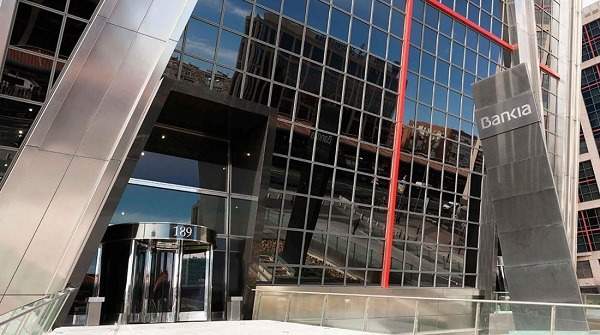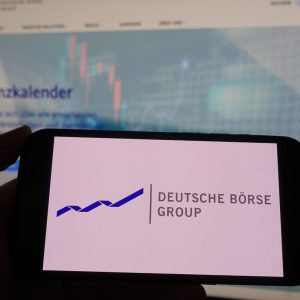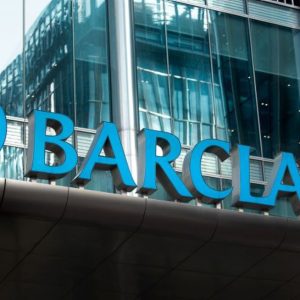
This plan contemplates an average annual fall in problematic assets (doubtful and allocated) of just over 2,900 million Euros, in order to reach a total fall of 8,800 million in the period.
In this way, at the end of FY 2020 there would be 8,400 million Euros in non-productive assets; the ratio of problematic assets would therefore be under 6% gross (as compared to 12.5% in 2017) and under 3% net.
The fall in non-productive assets has accelerated after the signing of an agreement with Lone Star Fund XI to set up a joint company, to which Bankia will contribute allocated real estate owned for a value of 1,480 million Euros and rented buildings for 170 million.
The real estate owned (REO) will be allocated to two companies, and a subsidiary of Lone Star Fund XI will buy 80% of the shares, while the other 20% will be owned by Bankia.
Additionally, Bankia has sold a package of doubtful mortgage loans to an instrument 100% controlled by Lone Star Fund XI, for a gross book value of 1,420 million Euros.
It is planned to finalize the operation in the second quarter of 2019, when the assets will be cancelled in the entity’s balance sheet.
The transaction is estimated to generate Bankia cost savings of over 200 million Euros before tax in the three years after it is finalized.
The operation will have a negative impact of roughly 85 million Euros on the P&L account for 2018. On the other hand, when it is finalized, it will have a positive effect of approximately 12 basis points on the fully loaded CET1 capital ratio.
In addition to these operations, the entity has sold other portfolios of non-productive assets over the year, which together with the organic reduction, amounts to a further fall of 3,000 million Euros in doubtful and allocated debt at the end of the year.
Source: Company Press Release






